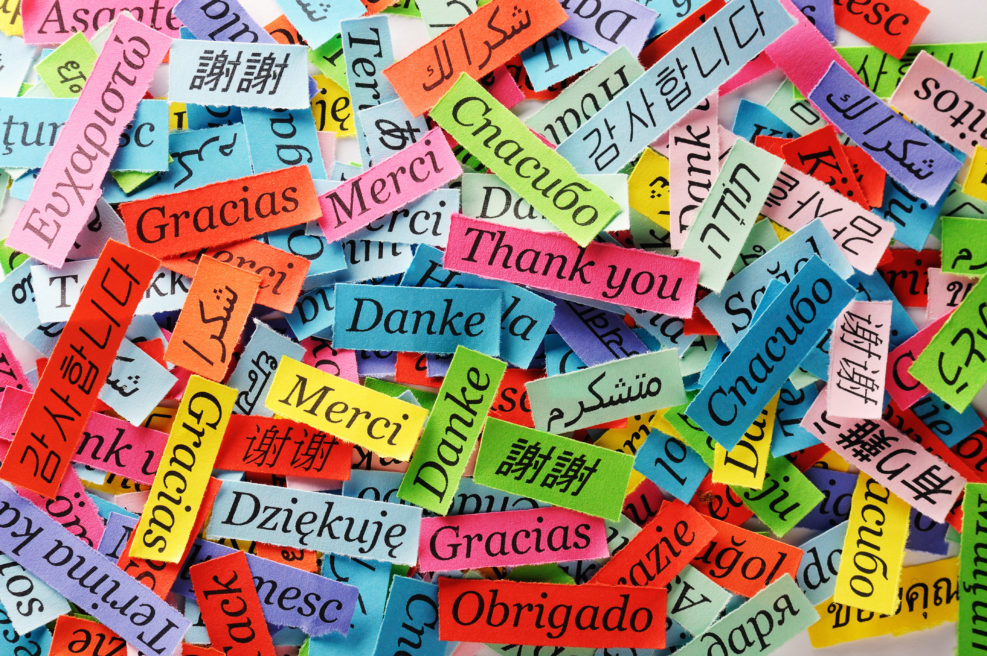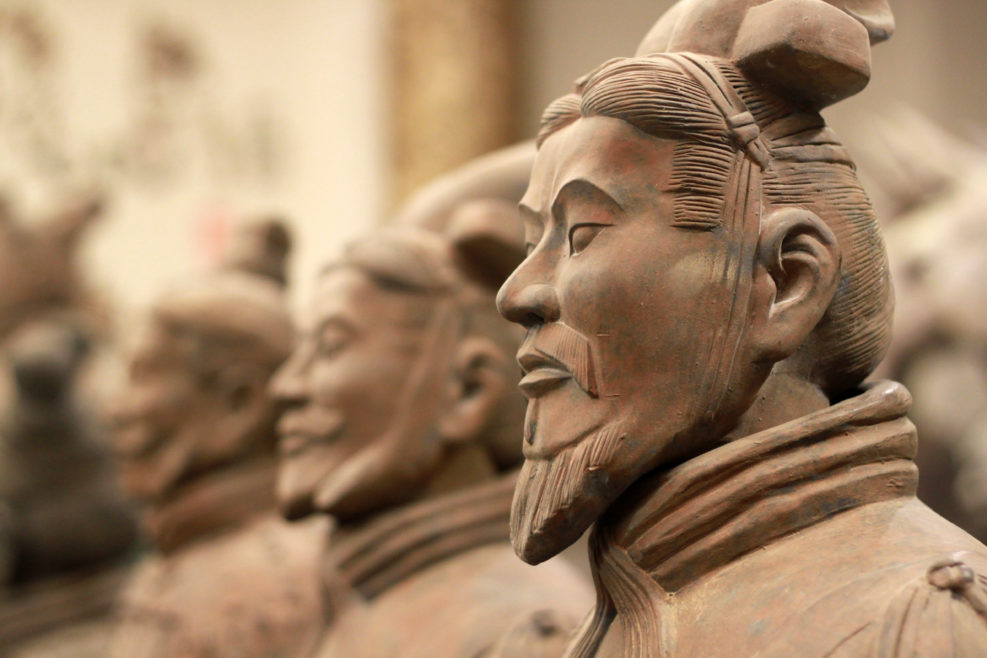
Xi’an Lockdown: Beijing Continues to Pursue “Zero-Covid”
With the Winter Olympics quickly approaching, China faces great internal stress for its strict COVID responseFirst, I hoped to escape lockdownLater, I hoped to get out to buy foodNow, I only hope I’m not hauled off a poem widely shared on Weibo about Xi’an; translated and reported by China Digital Times Rather than shifting gears, as much of the world has, Beijing continues to chase its zero-covid agenda. But the Chinese government’s heavy-handed measures to control the spread of the SARS-CoV-2 virus, and its messaging to the public to justify those measures, may have backfired. China is beholden to its “zero-Covid” strategy as the February 2nd opening ceremonies for the Beijing Winter Olympics nears and the Omicron variant spreads across the world. The Chinese Communist Party constructed a narrative early in the pandemic claiming that China Read More ›


















